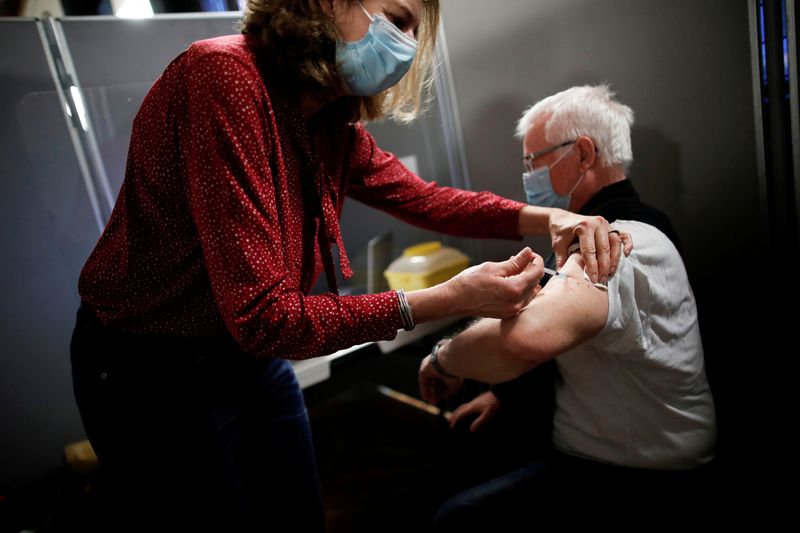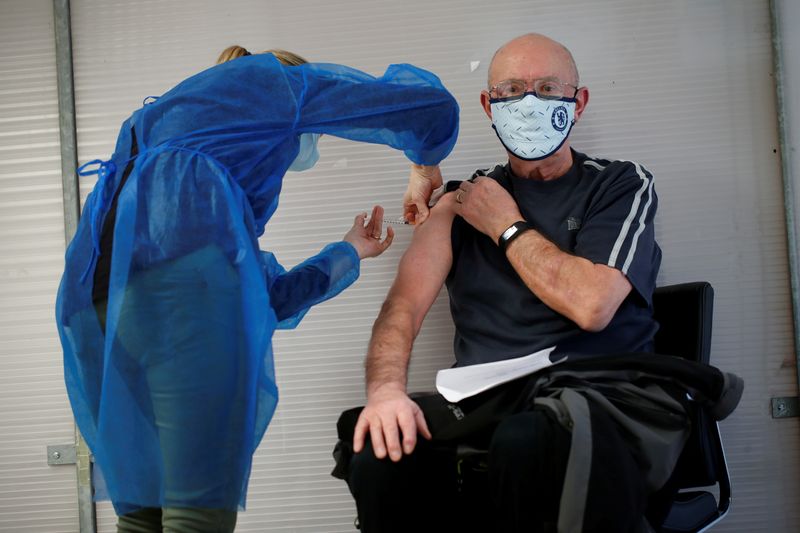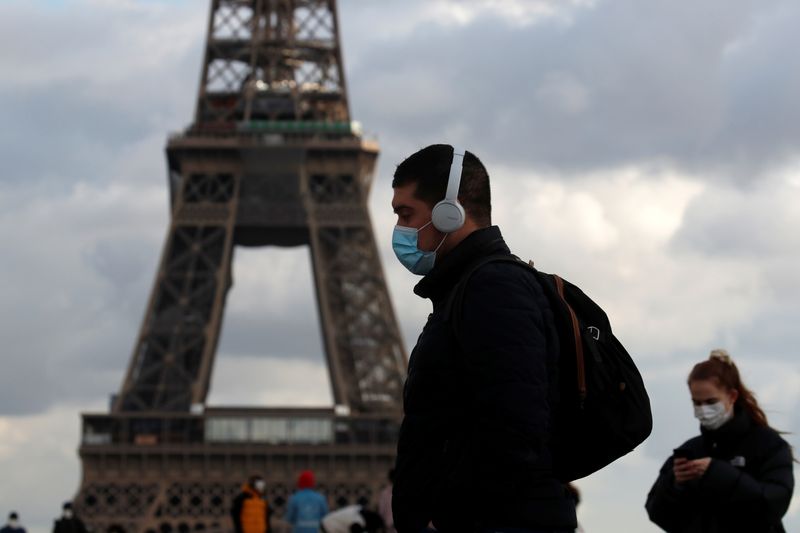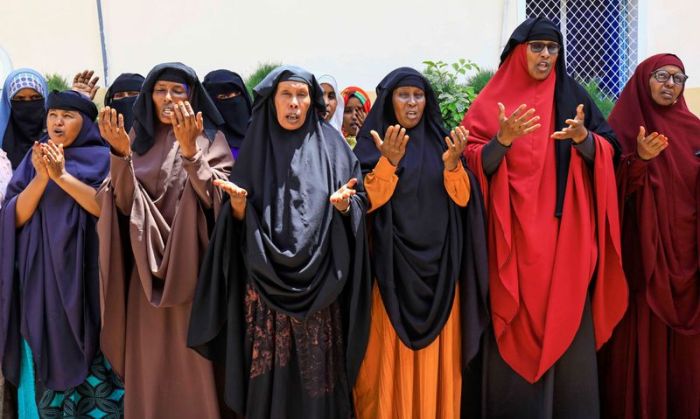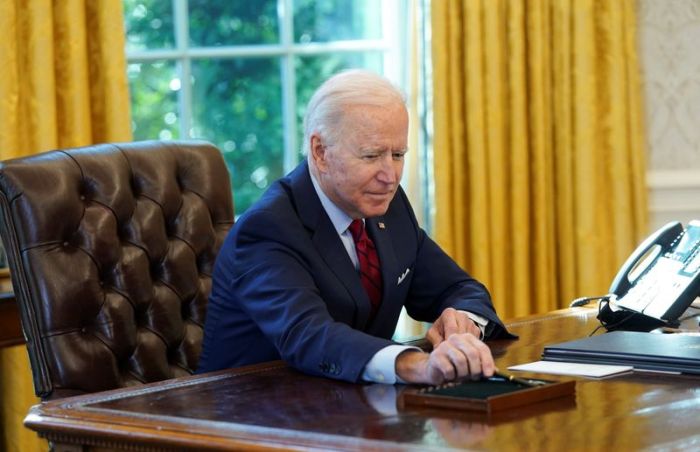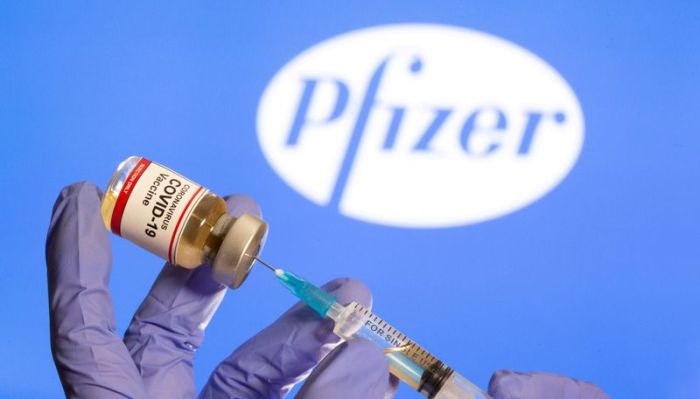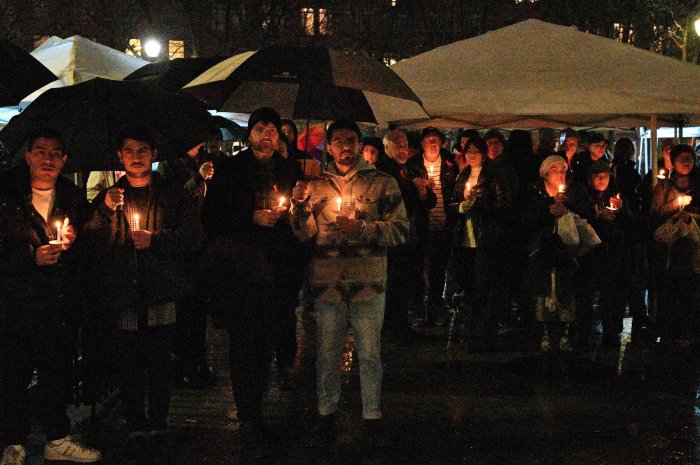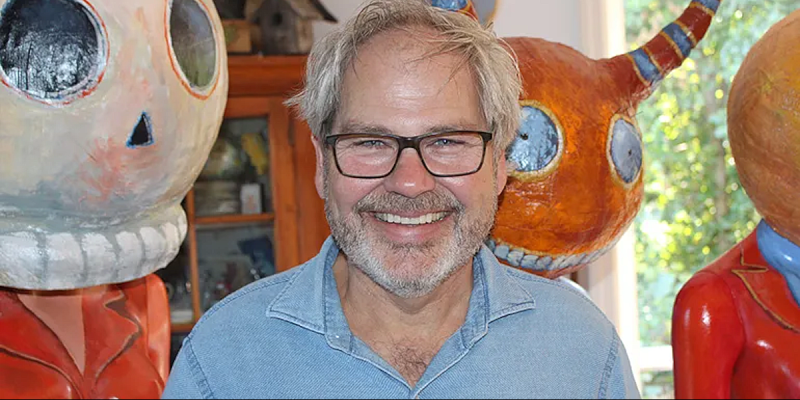PARIS (Reuters) – A shortage of COVID-19 vaccines has forced Paris and two other regions that together account for a third of the French population to postpone giving out some first doses, a source familiar with the discussion and health officials said on Thursday.
Europe faces a vaccine shortfall because pharmaceutical firm Pfizer has temporarily slowed supplies in order to make manufacturing changes, while AstraZeneca said it would cut supplies of its shot allocated to the EU in the first quarter due to production issues at a Belgian factory.
Portugal said its vaccine roll-out would be slower than planned, and Germany said shortages would persist into April.
The public health agency for Paris and the surrounding region, an area of 12.1 million people, told regional hospitals on a conference call on Wednesday that from Feb. 2, all deliveries of first doses of the COVID-19 vaccine to medical establishments would be suspended, the source said.
The agency said injections of the second, follow-up dose would continue, according to the source. There was no indication during the call when first doses would resume.
The agency cited as the reason the “extremely tight vaccine supplies and the need to guarantee the second injection for people already vaccinated,” the source said. Reuters has seen a summary of the conference call.
The Paris region public health agency, in a statement sent to Reuters, said it was aiming to give people injections of first doses next week, but this was subject to changes in the volumes of vaccine deliveries that were initially promised by the manufacturers.
The statement did not address what the agency had told Paris region hospitals on the conference call.
The French health ministry, in a statement, said that nationwide 600,000 existing appointments already made for first doses in the first half of February would be honoured. But it said new appointments for first doses would only be available starting from Feb. 15.
It said the reason was a reduction in supplies of vaccines from manufacturers.
SUPPLY PROBLEMS
The public health agency for the Hauts-de-France region in the North said earlier on Thursday that it was pushing back to the first week of March first-dose injections that had been planned for early February. It too cited supply problems.
In the region around the wine-making Burgundy area, the public health agency said it was deferring appointments for first injections of COVID-19 vaccines to address supply shortages.
Residents of care homes – among the most at risk from serious illness in the epidemic – are unlikely to be affected by the delays because most have already received the first dose.
But the delays are likely to affect people over 75 and health care workers who are currently due to receive first doses.
Most of the vaccines currently approved for use globally come in two doses: the first gives only limited protection from the virus, with the second needed to fully inoculate a patient.
The French health ministry said on Wednesday that as of Jan. 26 a total of 1.13 million first doses and 6,153 second doses had been administered.
The vaccine roll-out in France, as in its European neighbours, lags far behind other countries. States including Israel, Serbia, the United Arab Emirates and Britain have already vaccinated much larger shares of their population.
Because EU countries decided to procure their vaccines collectively, the supply issues hitting France are affecting other countries in the bloc.
Portugal said the first phase of its vaccination plan will be extended by around two months into April, as delivery delays mean it will receive half the expected doses by March.
Germany faces a shortage well into April. “We will still have at least 10 tough weeks with a shortage of vaccine,” Health Minister Jens Spahn said in a Tweet.
(Reporting by Caroline Pailliez; Writing by Christian Lowe and Geert De Clercq; Editing by Cynthia Osterman)

